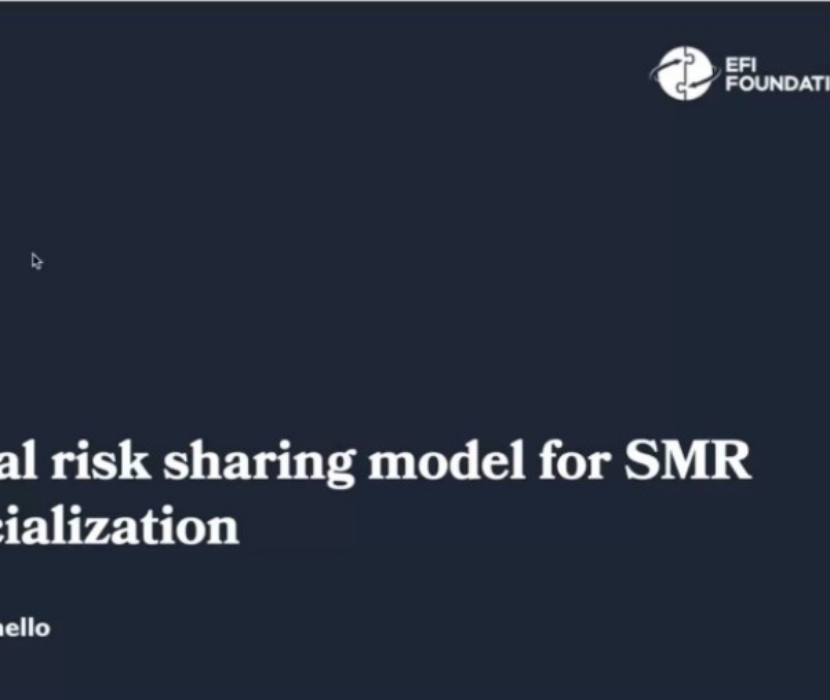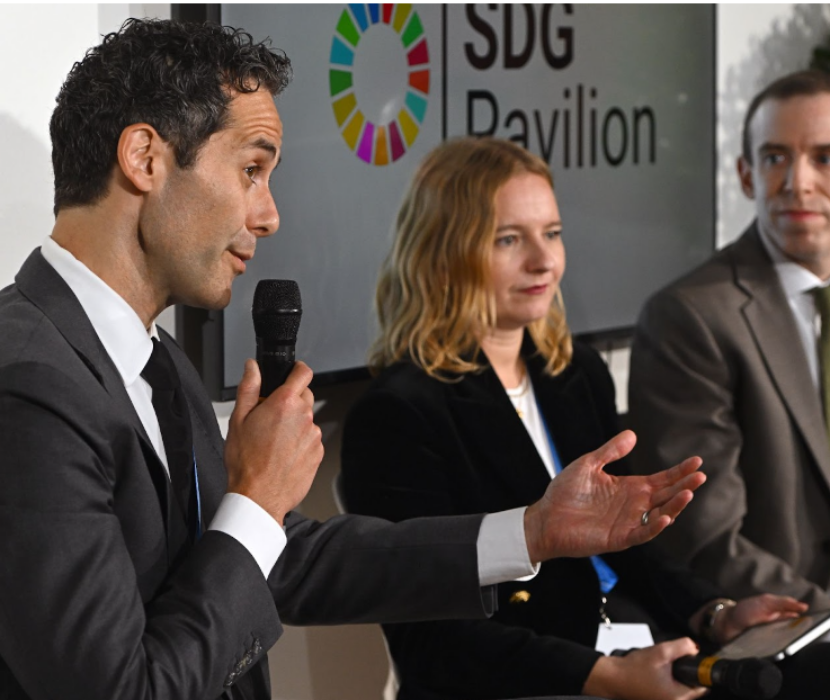
In March, EFI and the National Association of State Energy Officials (NASEO) released the 2020 U.S. Energy & Employment Report (USEER). The release of this report took place at the time of a public lockdown due to the coronavirus crisis, which necessitated the cancelation of a rollout event in Washington that was to feature opening remarks by Dan Brouillette, the current U.S. Secretary of Energy.
This year’s USEER features an exclusive five year summary on U.S. energy jobs trends and offers critical data that can help policymakers track how the coronavirus continues to impact the energy sector. Over that five year period, the energy sector created jobs 50% faster than the rest of the economy. However, according to recent analysis from BW Research Partnership, the sector has lost “1.3 million jobs since the start of the pandemic — eliminating nearly all growth for the industry since 2015.”
Nevertheless, the energy sector remains a powerful job creator. In a recent op-ed for the Hill, EFI Founder Ernest Moniz advocates crafting a major stimulus package with energy jobs front and center: “As the public and private sectors turn their attention to rebuilding our economy, we need to seed new industries that underpin our low-carbon future and build infrastructure aligned with that future. We don’t need a physical “corps” or new federal organization as in the 1930s … but we do need an energy stimulus program built on the foundation of an ‘Energy Jobs Coalition’ (EJC).”
Moniz continues to advocate for a broad stimulus push on energy jobs in a variety of venues including major interviews on CNBC, CNN International, Bloomberg, The Hill TV, Al Jazeera, and on podcasts such as Columbia University’s “Energy Exchange” and S&P Global’s “Energy Evolution.”
(Share this post with others.)




